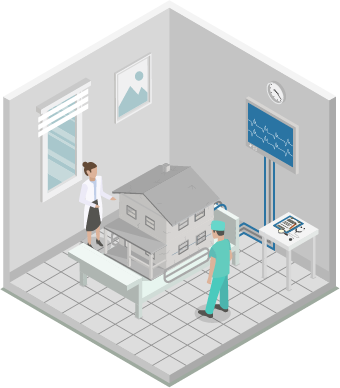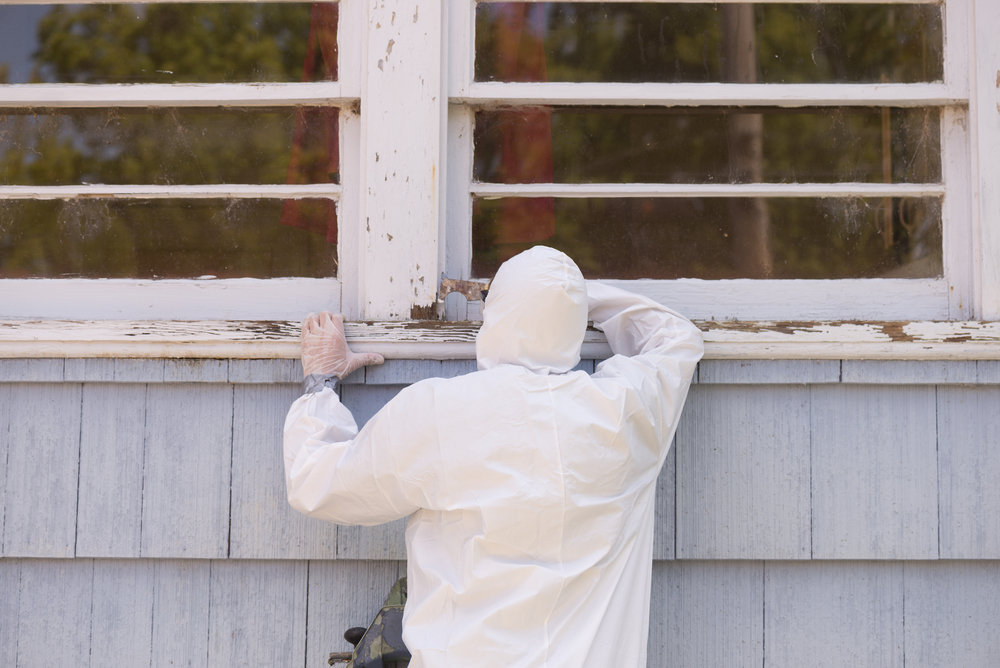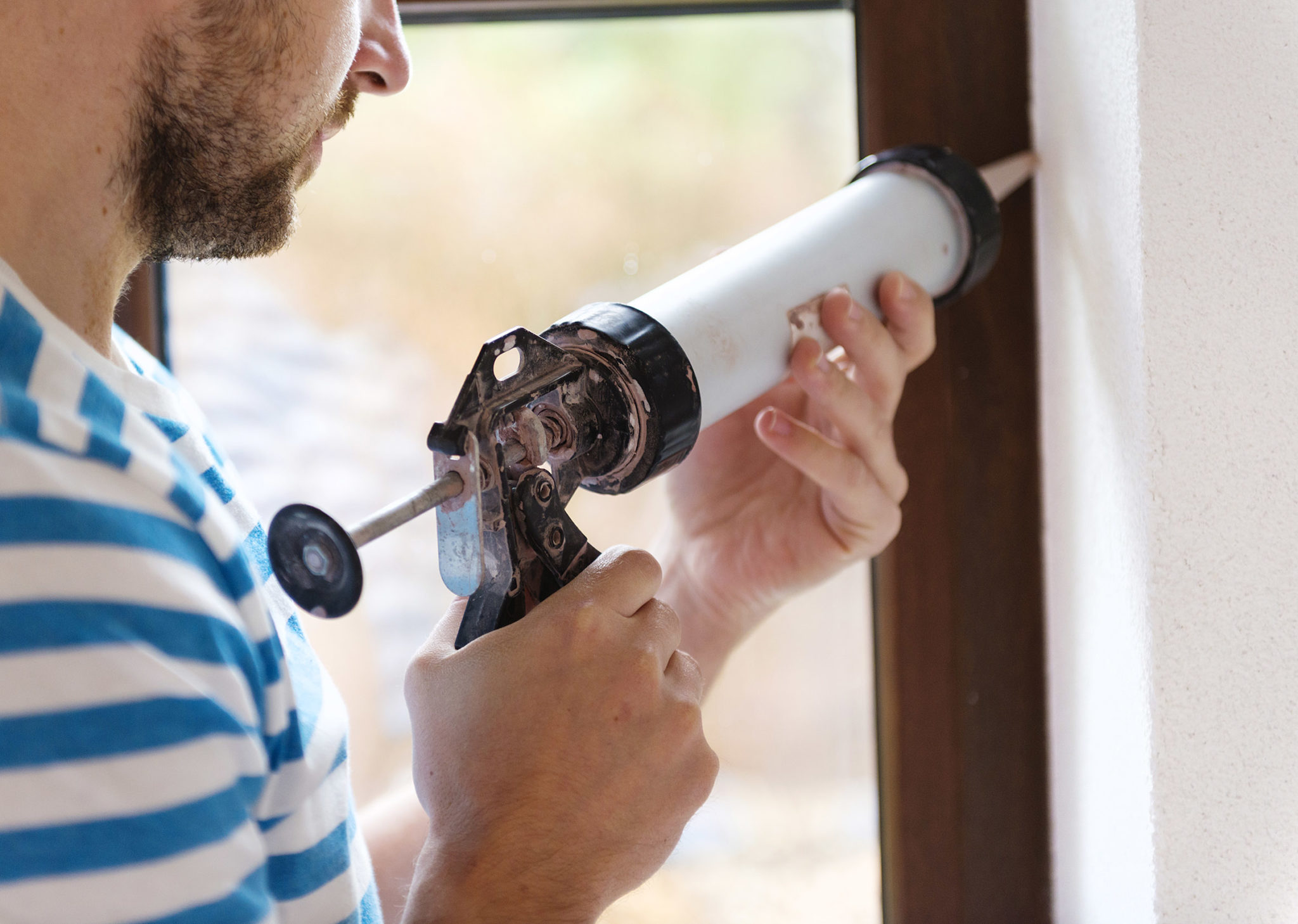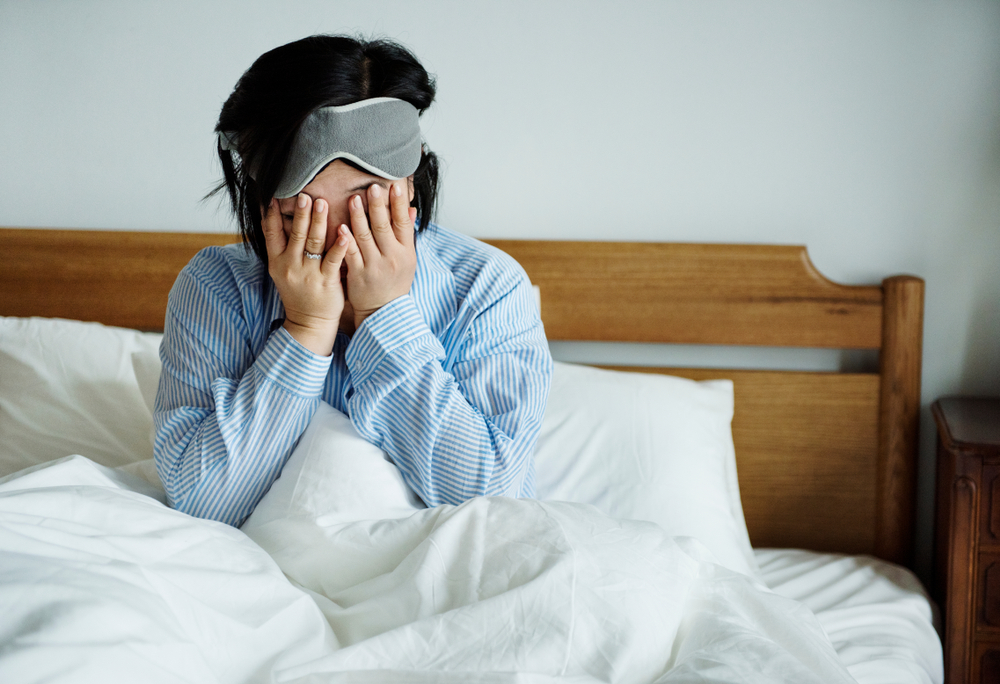Cleaning must be more – and less – than we’ve been taught. Cleanliness may be next to godliness for some people, but for others, it can be a major cause of long-term ill health.
The research on how much and what type of cleaning you "need" to do at home isn't actually clear.
On the “more cleaning” side, “Approximately 1.7 million HAIs (Hospital Acquired Infections) occur in U.S. hospitals each year, resulting in 99,000 deaths,” according to the CDC. (click to read: CDC_PreventingInfections). A specific example of needing more cleanliness was a tragedy at a hospital in Ireland that simply reduced their cleaning budget. The result was the emergence of a new superbug disease which then required extraordinary efforts and cost to regain control. (click to read the full article).
Recently, when the American Academy of Allergy, Asthma, and Immunology researched cleaning for their series of medical practice parameters, the evidence clearly showed that ordinary cleaning was not sufficient to reduce illness. Rather, multiple cleaning methods were needed, often sequentially, and always frequently repeated. In other words, routine one-time cleaning is usually not sufficient to improve the healthfulness of a home.
On the “less cleaning” side of the debate, the “hygiene hypothesis” asserts that we can be too clean. “…the decreasing incidence of infections in western countries and more recently in developing countries is at the origin of the increasing incidence of both autoimmune and allergic diseases. (click to read the full article from the National Institutes of Health). There is also a growing body of research that the presence of some germs can actually be helpful in supporting a healthy immune system. including a new book by Jack Gilbert and Rob Knight titled, Dirt Is Good: The Advantage of Germs for Your Child's Developing Immune System. (June 2017).
So which is it? Is dirt good? Is dirt bad? How "clean" is clean.
Unfortunately, there isn't a simple one-size-fits-all answer and we can't just tell you to clean more or clean less. The answer is that dirt can be both good and bad. The reasons are complex and the effort required to develop an informed decision can be frustrating. Because, like life itself, there is a complex set of interacting dynamics. We will all have to step back, take a deep breath (of fresh air), and dig into the facts of what the dynamics are, how they interact, and how we can begin to discern when dirt is good and when dirt is bad for you! Because it may be different for me.
Check back here often, because we will periodically post more fact-based information. We won’t leave you hanging.
Meanwhile, you can learn how to improve your indoor air quality (and support good health). Complete the Hayward Score questionnaire and you'll get a personalized report that outlines the conditions in your home that are likely contributing to poor indoor air and possibly impacting your well-being and steps for tackling each issue. Take a step on the journey to breathing easier at home – it is free and fast! — haywardscore.com/score
Hayward Score helps you discover how your home may be impacting your health in minutes – – for FREE!
Answer a quick set of questions then get a personalized list of action items. Transform your home and health today!

ARE YOU CONCERNED YOUR HOME IS MAKING YOU SICK?
Our guide on indoor quality will help you diagnose possible issues and implement intelligent solutions to improve the quality of the air inside your home.















